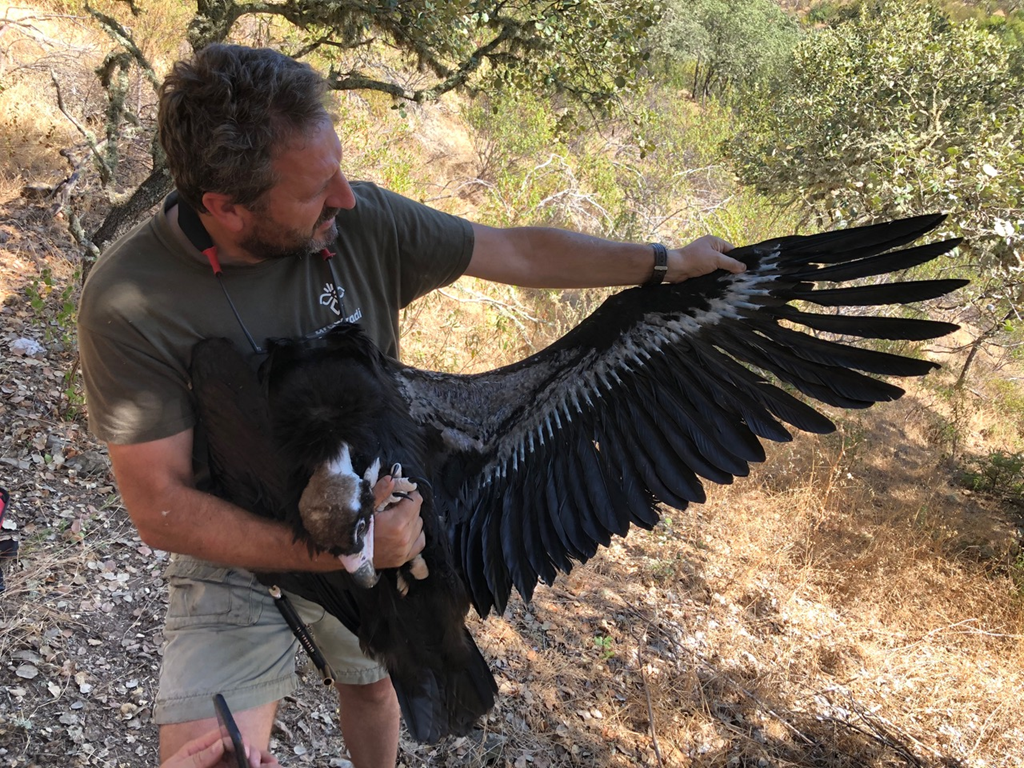The Economic Impact of Vulture Protection Efforts
Vultures play a crucial role in maintaining ecosystem health by scavenging carcasses and preventing the spread of diseases. However, vulture populations worldwide are declining due to various factors such as habitat loss, poisoning, and illegal wildlife trade. Conservation efforts to protect vultures are not only vital for biodiversity but also have significant economic implications.
The Link Between Vulture Conservation and Tourism Revenue
Vulture conservation can have a positive impact on local economies through ecotourism. Birdwatching tours focused on vulture sightings can attract nature enthusiasts and wildlife photographers, boosting tourism revenues in regions where vultures are protected. This demonstrates the economic value of preserving vulture populations.
The Benefits of Vulture Protection on Agriculture
Vultures provide ecosystem services by removing animal carcasses, reducing the spread of diseases, and helping maintain a balance in the food chain. By protecting vultures, agricultural communities benefit from healthier livestock populations and reduced livestock losses due to diseases transmitted by decaying carcasses. This safeguards agricultural livelihoods and enhances food security.
Looking Ahead: Sustainable Development through Vulture Conservation
As awareness grows about the ecological and economic significance of vultures, there is a growing momentum for implementing sustainable vulture conservation strategies. By integrating vulture conservation into broader biodiversity and sustainable development initiatives, communities can reap the benefits of vulture-related ecotourism, improved ecosystem services, and enhanced well-being.
Understanding Vulture Conservation Strategies in Southern Africa
Vultures play a critical role in maintaining ecosystem health, particularly in Southern Africa, where their conservation is paramount. These majestic birds are nature’s clean-up crew, scavenging on carcasses and preventing the spread of diseases. However, vultures face numerous threats, including habitat loss, poisoning, and illegal wildlife trade.
Southern Africa has implemented various conservation strategies to safeguard vulture populations. One key approach is the establishment of protected areas and conservation reserves that provide safe habitats for vultures to nest and forage. Additionally, efforts are focused on community-based conservation initiatives that engage local communities in vulture protection and raise awareness about their importance.
Collaboration between governments, conservation organizations, and research institutions is crucial in developing effective vulture conservation strategies. Research plays a vital role in understanding vulture behavior, migration patterns, and the impact of threats like poisoning. By leveraging scientific knowledge, conservationists can tailor interventions to address specific challenges facing vultures.
Public education and advocacy campaigns are essential components of vulture conservation efforts in Southern Africa. By raising awareness about the plight of vultures and promoting sustainable practices, conservationists aim to change attitudes and behaviors that endanger these iconic birds.
The Role of Biodiversity in Regional Economic Prosperity
Discover the intricate relationship between biodiversity and regional economic prosperity. Biodiversity plays a crucial role in sustaining ecosystems that provide essential goods and services, such as clean water, fertile soil, and pollination. Regions rich in biodiversity often attract ecotourism, boosting local economies and creating jobs in hospitality, guiding, and conservation.
Enhancing Innovation and Resilience
(Explain how biodiversity fosters innovation and resilience, leading to economic growth and stability.)
Future Prospects: Linking Wildlife Preservation and Economic Benefits
Breaking Down the Headlines
As the world grapples with environmental challenges, the interplay between wildlife preservation and economic benefits is gaining significant attention. This synergy highlights the potential of sustainable practices to not only protect biodiversity but also drive economic growth.
The Bigger Picture
Historically, wildlife preservation and economic development have often been viewed as conflicting goals. However, a paradigm shift is underway, emphasizing the intrinsic link between healthy ecosystems and a thriving economy. Studies show that preserving wildlife habitats can bolster ecotourism, create job opportunities, and enhance ecosystem services.
What This Means Going Forward
The integration of wildlife preservation and economic benefits presents a promising pathway for sustainable development. Governments, businesses, and communities need to collaborate to balance conservation efforts with economic interests. This synergy not only safeguards biodiversity but also fosters resilient economies for the long term, benefitting both current and future generations.
